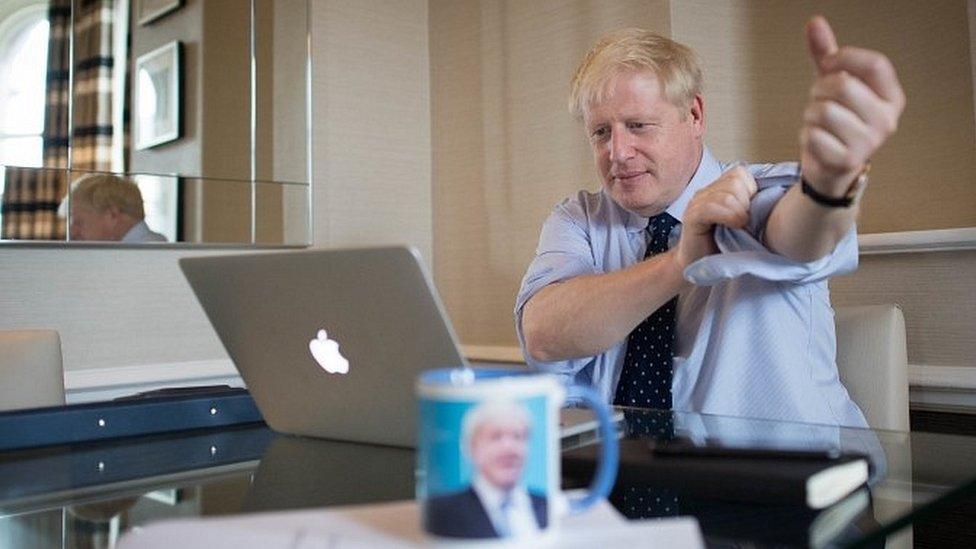Gauging NI's response to the PM's Brexit offer
- Published
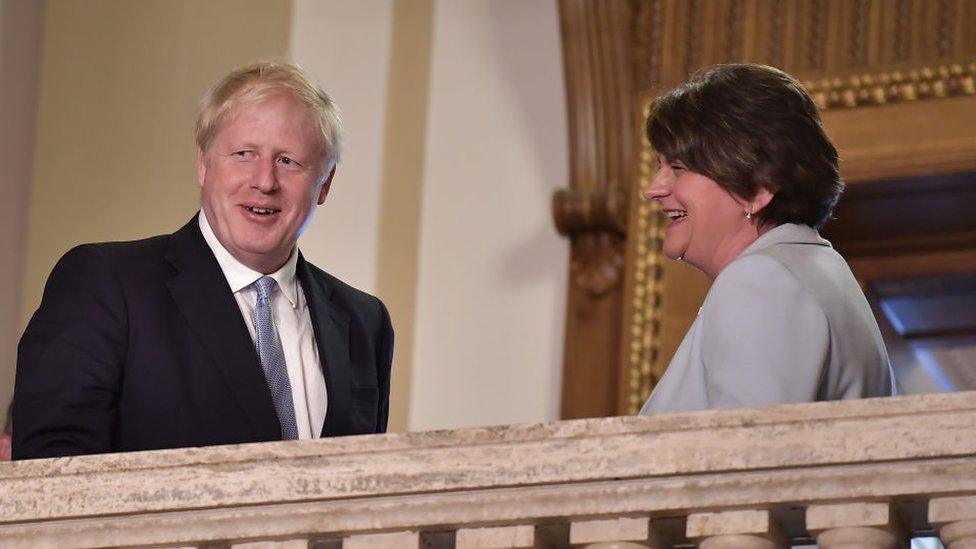
Boris Johnson says giving Stormont this new responsibility should be an incentive to get the Assembly back up and running
It sounds eminently reasonable.
Under the contentious Brexit backstop, the people of Northern Ireland were expected to abide by EU trade rules.
The intention was to smooth north-south trade and ensure no return to a hard border.
However as citizens of a country which after Brexit would have withdrawn from the EU, voters in Northern Ireland would have no representatives in the European Parliament and no democratic say in the regulations which would stipulate how their farms and businesses operated.
The DUP called it anti-democratic and Boris Johnson agreed.
There should be no EU rules applied without the consent of those required to follow them.
But how do you gauge the consent of the people of Northern Ireland? The answer is less straightforward than some might imagine.
Under the Good Friday Agreement, the Stormont Assembly operates a system known as "parallel consent".
To move forward with any particularly controversial proposal, you need to get the backing of a majority of Assembly members who designate themselves as unionists and a majority of MLAs who identify as nationalists.
This protection was built into the Assembly back in 1998 as a reassurance to the Irish nationalist minority.
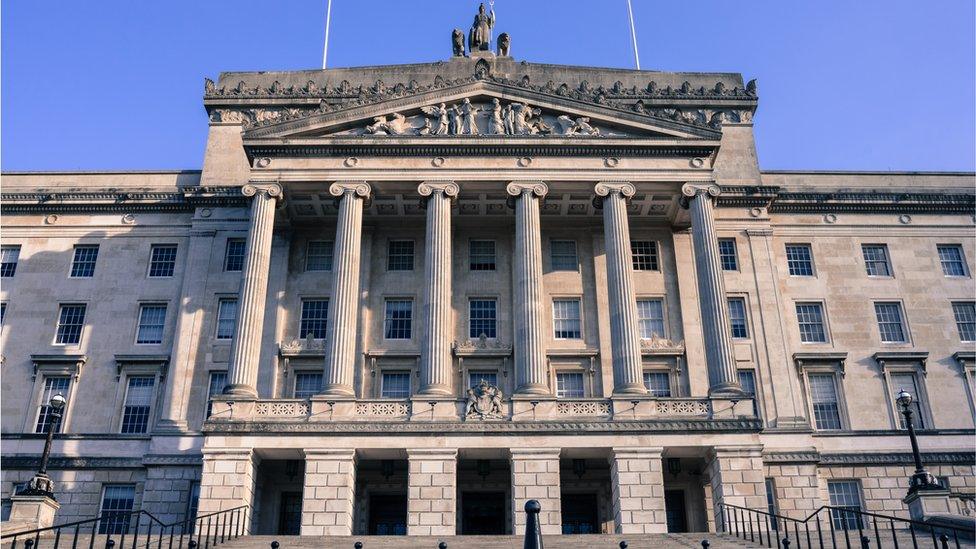
The Stormont institutions have been suspended for more than two-and-a-half year
They felt excluded by their treatment during the era of the old unionist dominated Stormont parliament, which governed Northern Ireland from the 1920s to the early 1970s.
So the cross community voting system was designed to reassure nationalists the new Assembly would be different.
But with changing politics and a gradual increase in the Catholic population, the balance at Stormont has shifted. Unionists are no longer in the majority. "Parallel consent" and a veto system known as the "petition of concern" have been used increasingly by unionists as a way to block measures they regard as unpalatable.
So when nationalists and the cross community Alliance party, who favour the backstop, looked at Boris Johnson's latest blueprint, they regarded the section on consent as code for a unionist veto.
'U-turn'
The DUP re-enforced that view.
Some other unionists criticised them for performing a U-turn by contemplating an economic border between Great Britain and Northern Ireland.
They retorted that any regulatory divergence would be subject to the approval of the Assembly so - under parallel consent - could only get the go ahead if unionism agreed.
Boris Johnson told MPs giving Stormont this new responsibility should act as an incentive to get the Assembly back up and running.
The Stormont institutions have been suspended for more than two-and-a-half years after a scandal which brought down its power sharing executive.
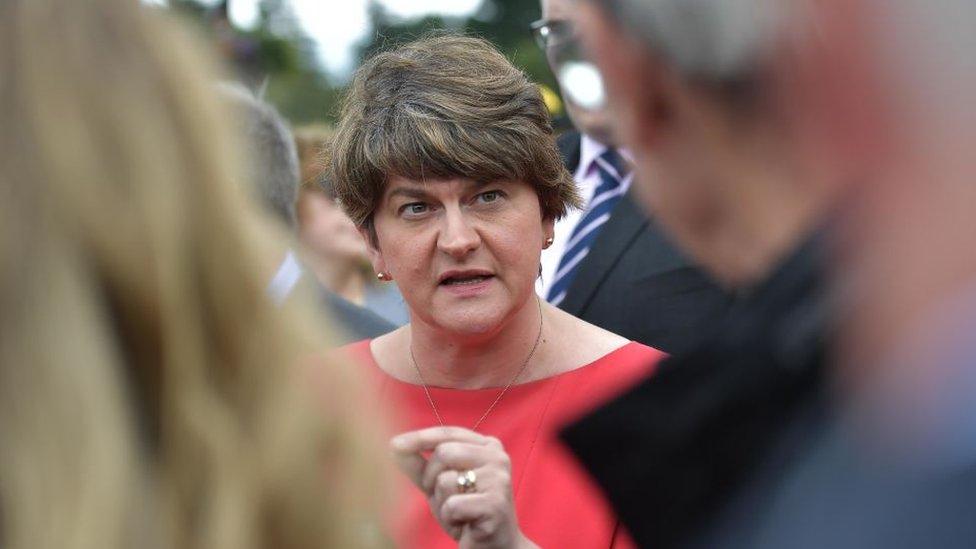
DUP party leader Arlene Foster
But the leader of the centre ground Alliance party, Naomi Long, reached the opposite conclusion from the prime minister.
She tweeted that if his deal is implemented she is concerned Stormont will not return.
Both the Taoiseach Leo Varadkar and his deputy Simon Coveney, insist they won't support any proposal which means one party or indeed a minority in Northern Ireland end up making decisions for the majority.
They point out that whilst the DUP were enthusiastic Brexiteers, who are likely to be sceptical about convergence with EU trade rules, 56% of voters in Northern Ireland wanted to remain in the EU.
So how else to measure consent?
A former Labour Northern Ireland Minister suggested to Boris Johnson he should hold a referendum in Northern Ireland on his latest proposals.
The prime minister waved that aside, citing the divisions caused by other recent referenda in the UK.
However on a couple of occasions Mr Johnson did seem to acknowledge the democratic problems involved in subjecting a trade deal with the EU to the cross community voting test at Stormont every four years.
He told MPs the "mechanism of consent is clearly vital" adding "we must get the mechanism of consent right so both communities feel reassured about it".
This will be easier said than done. Any shift towards traditional majority decision making might reassure nationalists and the EU.
But if they cannot wield a veto at Stormont, why should the DUP back the all island regulatory zone envisaged under the Johnson blueprint?
- Published3 October 2019
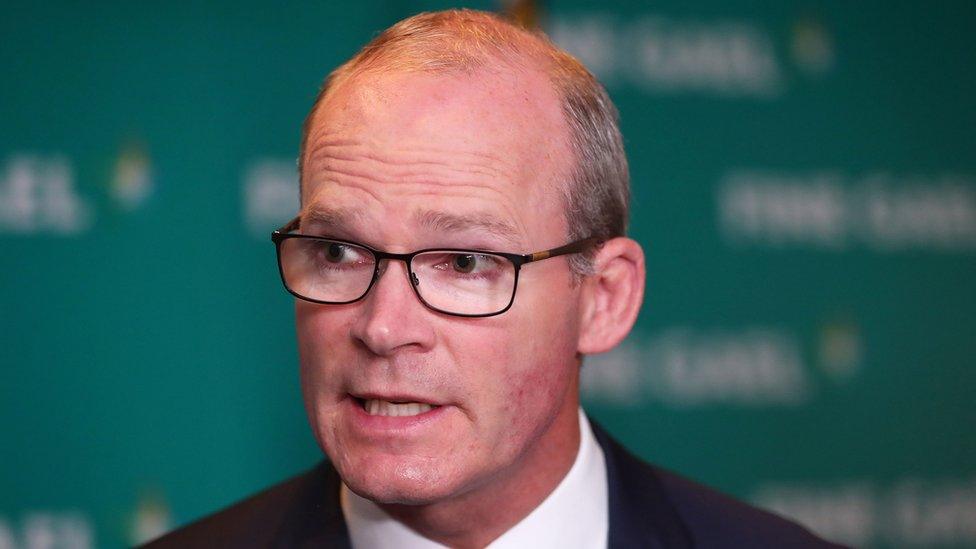
- Published2 October 2019
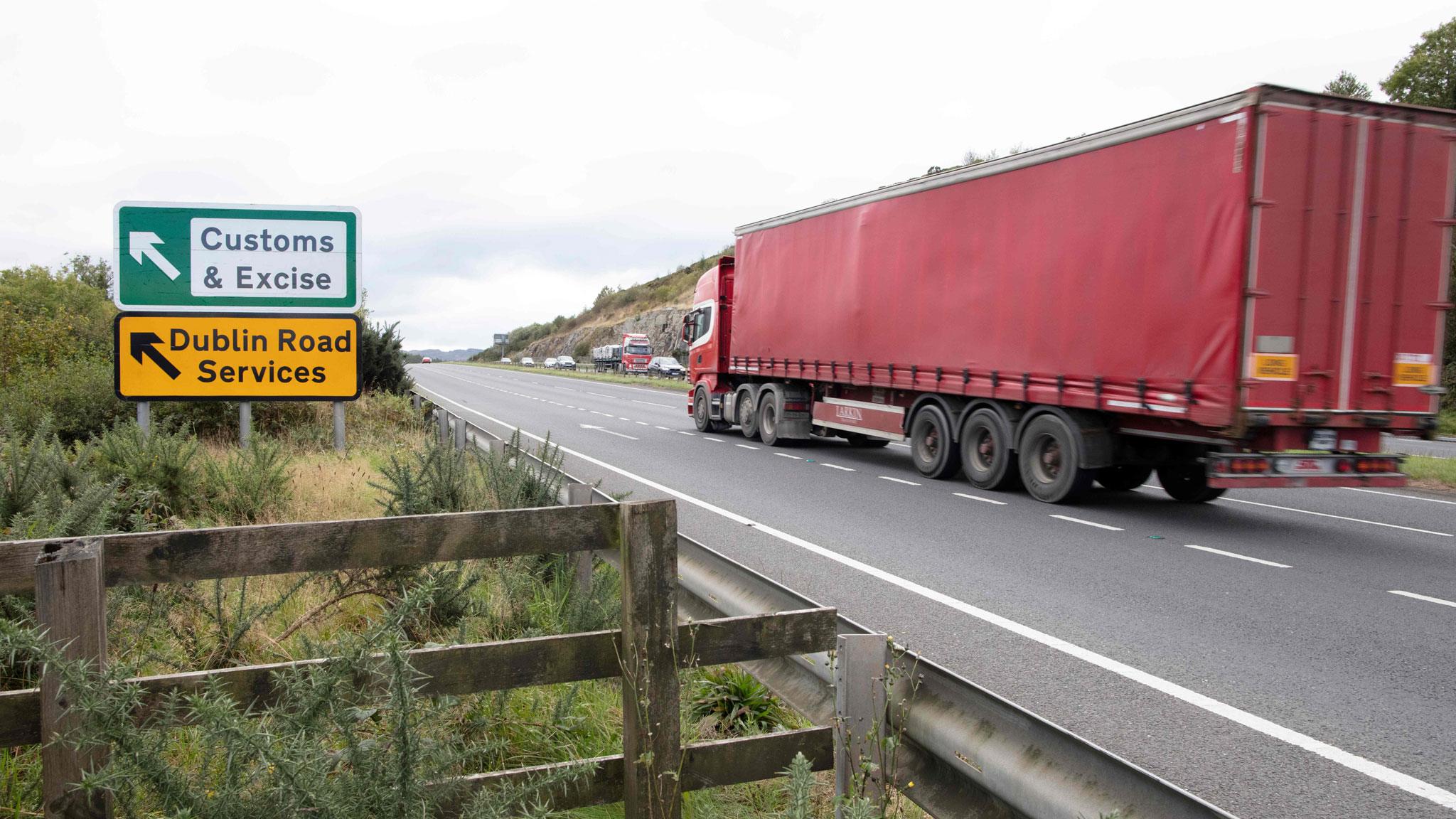
- Published2 October 2019
